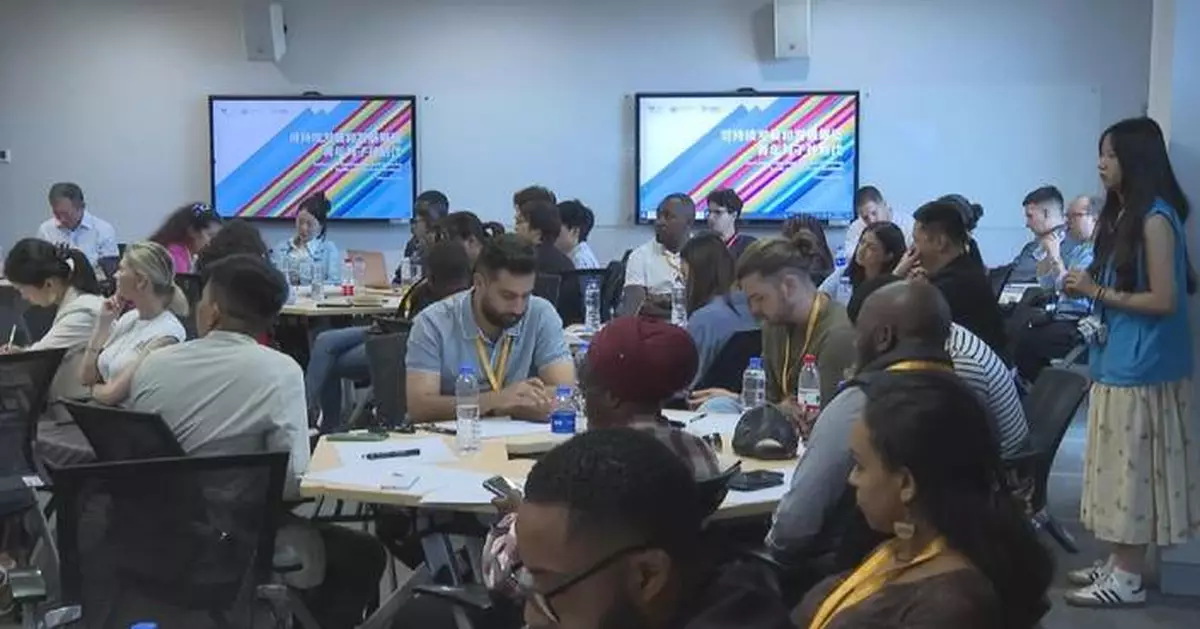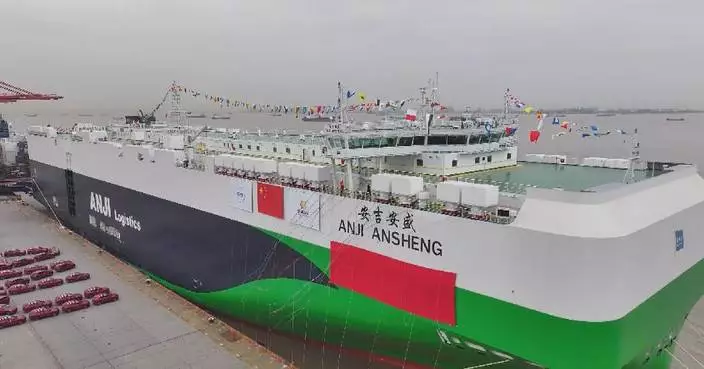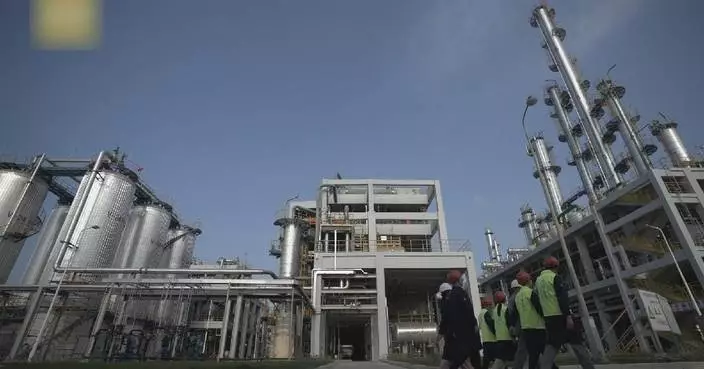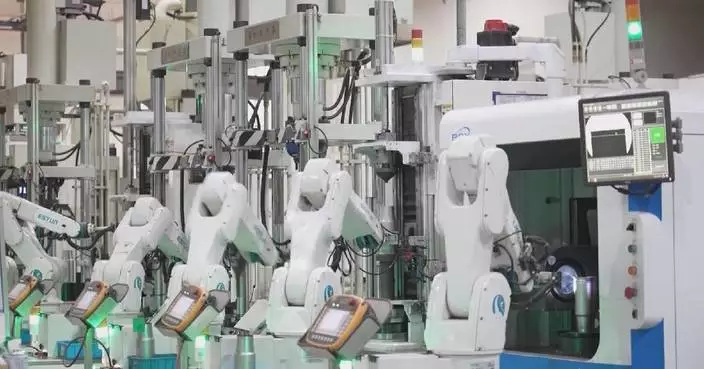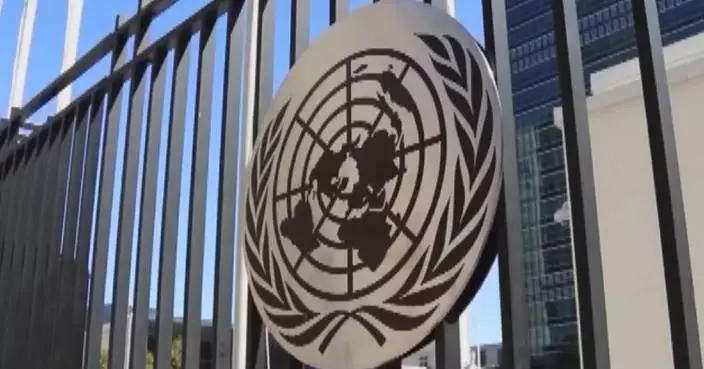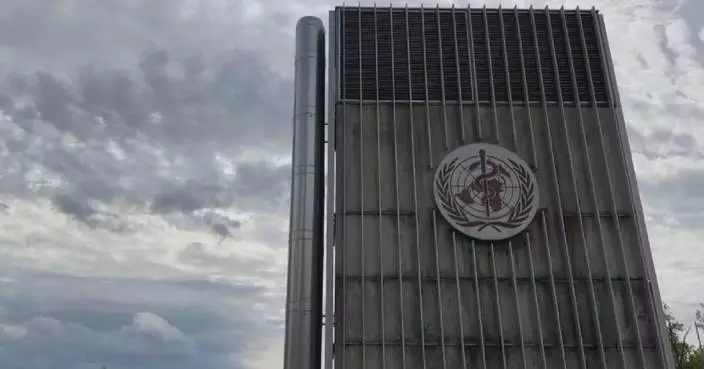The Youth Pre-Meeting for the UN Summit of the Future was held in Beijing on Tuesday, bringing together over 300 youth ministers, youth leaders, and youth representatives from nearly 100 countries.
Participants engaged in a series of in-depth discussions on global issues related to the upcoming UN Summit, with the outcomes of the roundtable discussions set to be compiled into a report for submission at next month's summit.
The UN Summit of the Future, scheduled for September, is poised to play a critical role in revitalizing multilateralism and advancing the development agenda. It will focus on youth-related topics and produce documents such as the "Future Covenant," "Global Digital Compact," and "Declaration for Future Generations."
The young participants, representing a diverse range of backgrounds and perspectives, tackled five key themes: sustainable development and financing, international peace and security, scientific and technological innovation and digital cooperation, youth and future generations, and global governance reform.
Those taking part are well-informed and passionate about driving change in the world.
"I want to change the narrative when it comes to women's issues. At my place, women don't have any decision-making [power]," said Jemilatu Jalloh, founder of JemsAgro, a female-led agricultural initiative in Sierra Leone aiming to promote the role of rural women in the sector.
"I am going to listen [to debates] about peace and security," said Kaarel Taimla, chairman of the Estonian National Youth Council.
Rodrigo Reis, a keynote speaker on Global Governance Transformation, stressed the importance of youth not just being heard, but also exerting influence and informing decision-makers at the United Nations.
"The next stage is how they can exert influence, and put pressure in terms of the decisions that are being made in so many topics debated at the United Nations," said Rodrigo Reis, executive director of Instituto Global Attitude.
While the specific opinions collated from the discussions remain undisclosed, a wide range of ideas were brought to the table.
"The bottom line for all the young people is pretty much similar. On top of the agenda was democratization of the UN structures, and especially the Security Council. Because we know in this world, and recently veto powers have been used by major powers to actually sabotage peace efforts," said Moaaz Awan, senior manager of China Three Gorges Asia-Africa, a major energy firm.
"Some of my group members said if we are to achieve SDG goals, those funds should be donated directly to the grassroots – so that they would be able to implement the projects that they were intended for," said Jeremiah Moore, program director of the All Africa Students Union Presidential Office.
Organized under the World Youth Development Forum, this Youth Pre-Meeting is just one of the events lined up to facilitate further discussions and expressions of opinions on global issues by young people.
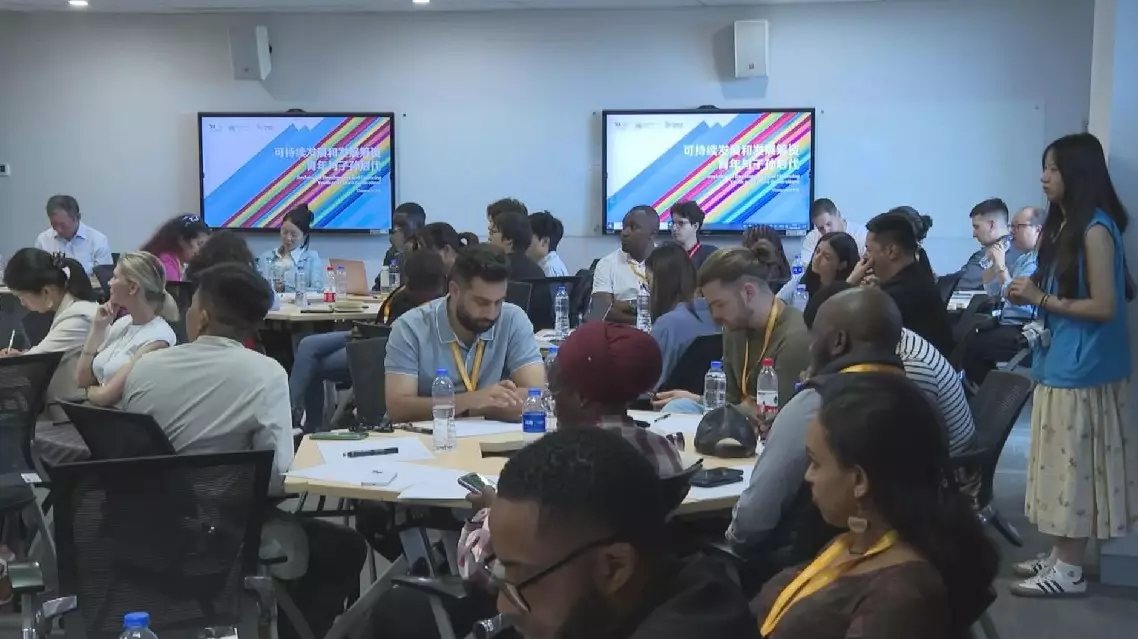
Global youth leaders gather in Beijing to shape UN agenda


